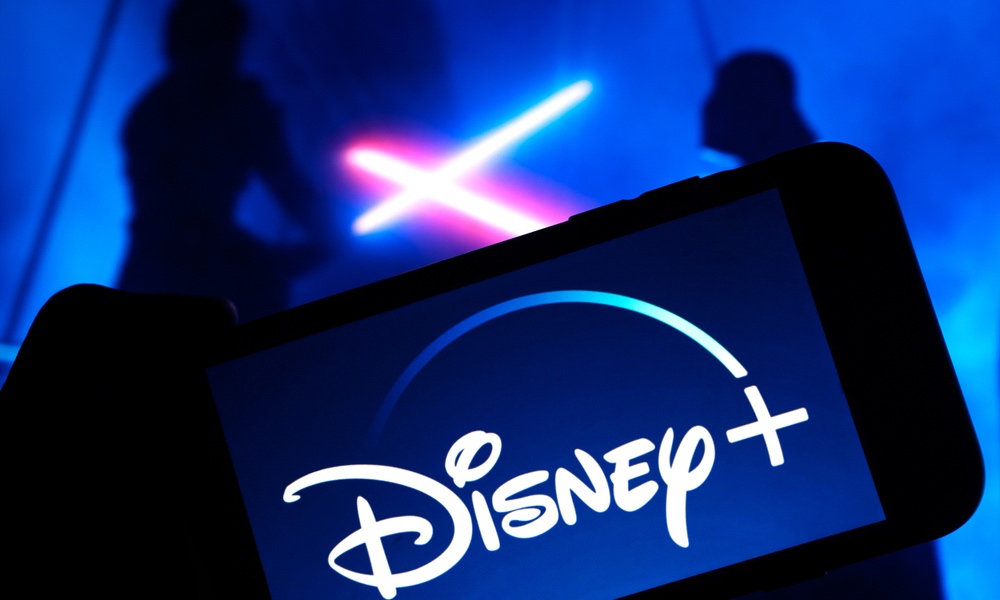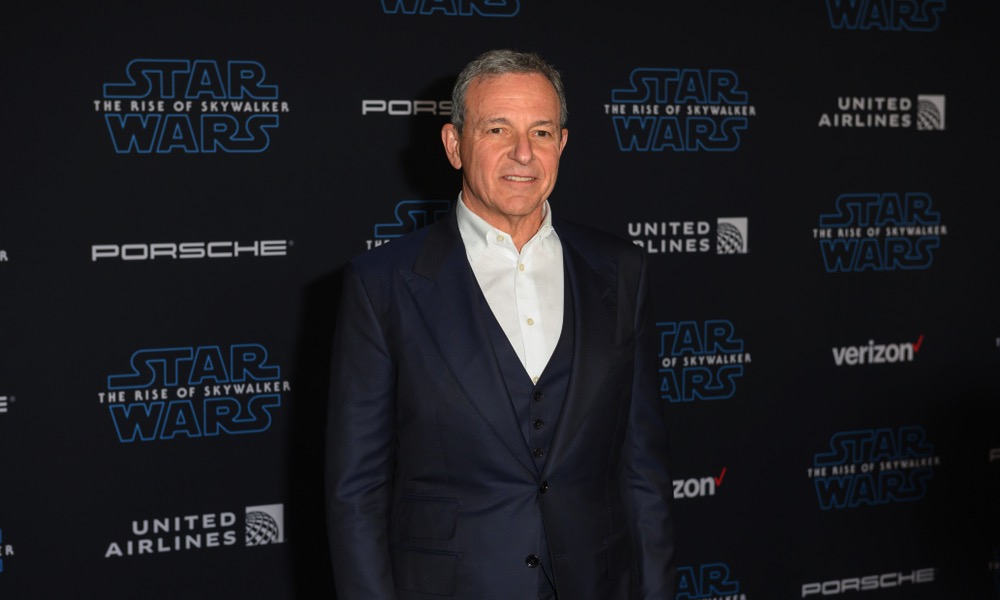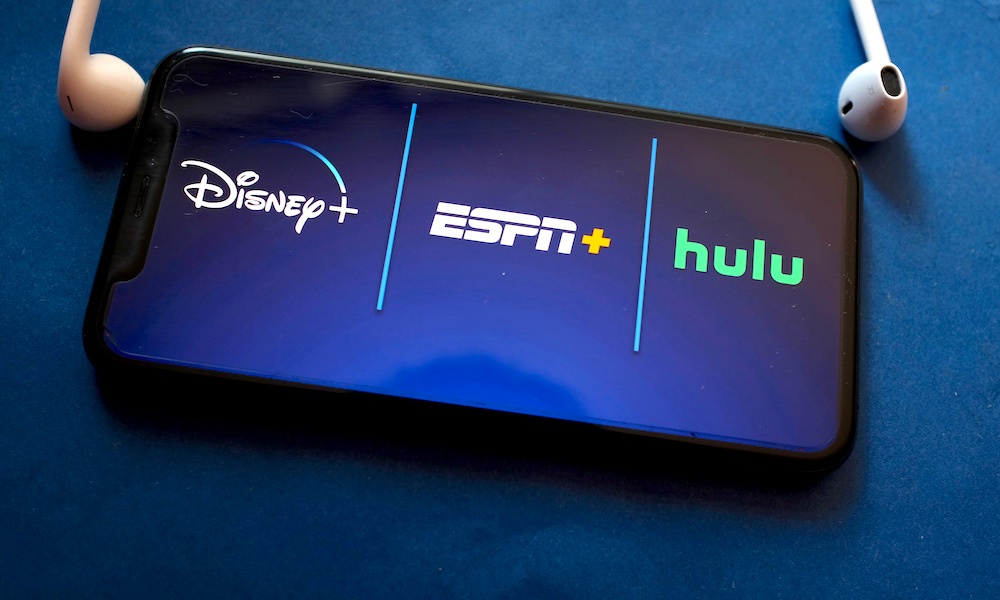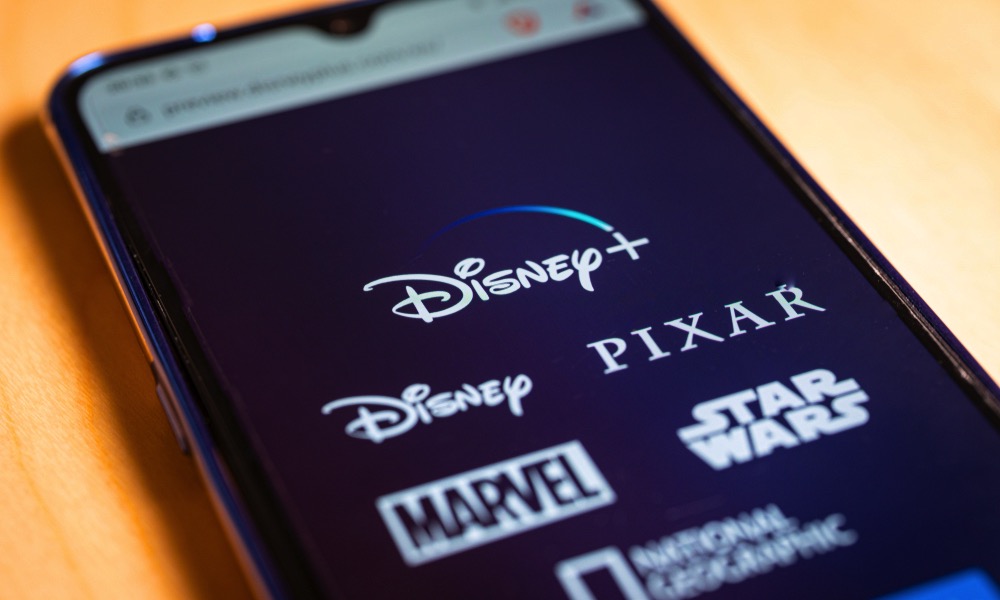Disney Plans Password Sharing Crackdown as it Raises Prices
 Credit: Photo Hall / Shutterstock
Credit: Photo Hall / Shutterstock
Toggle Dark Mode
It looks like Disney is about to take a page out of Netflix’s playbook when it comes to password sharing.
In the company’s quarterly earnings call earlier this week, Disney CEO Bob Iger announced that the streaming giant is “actively exploring ways to address account sharing” and expects to implement new rules by the end of the year, at least on paper.
While this suggests that technological enforcement measures may not arrive until later, Iger noted that Disney plans to at least put the new policies in place in the coming months. This would presumably give subscribers a chance to understand what’s coming.
I’d also like to note that we are actively exploring ways to address account sharing and the best options for paying subscribers to share their accounts with friends and family. Later this year, we will begin to update our subscriber agreements with additional terms on our sharing policies, and we will roll out tactics to drive monetization sometime in 2024.
Disney CEO Bob Iger
Iger noted that the company does want to find “the best options” for customers to share their accounts with friends and family. That suggests we’ll likely see a model similar to Netflix’s “Extra Member Accounts,” although it’s possible Disney could end up going in a different direction.
Following the earnings call where he presented the new reality of account sharing for Disney+, Iger was asked how many password sharers he thinks there are on the platform and when he expects the company to be finished rolling out the changes. While he declined to provide specifics, he made it clear that Disney is well aware of the numbers and added that it’s “significant.”
Regarding password sharing, we already have the technical capability to monitor much of this. I’m not going to give you a specific number except to say that it’s significant.
Disney CEO Bob Iger
He added that the company has no way of knowing how much of the password sharing will “convert to growth in subs” (subscriptions) and that they’re not speculating on that right now. However, the company plans to start dealing with this next year, although he admitted they may not get it all finished.
What we are saying, though, is that in calendar ’24 we’re going to get at this issue. So while it is likely you’ll see some impact in calendar ’24 it’s possible the work will not be completed within the calendar year. But we certainly have established this as a real priority and we actually think there’s an opportunity here to help us grow our business.
Disney CEO Bob Iger
There’s little doubt that Disney has the technology to enforce this, so any delays are likely more about the company figuring out the best way to approach it from a customer service perspective. Like Netflix, whatever the company comes up with may also end up being rolled out more slowly, on a country-by-country basis.
However, unlike Netflix, Disney has never really defined the word “household.” Instead, its Terms of Use technically prohibit sharing your password with anybody at all — even your spouse or other close family members. You can create multiple profiles, but by the strictest interpretation of the rules, the primary account holder has to be the one to log in to each person’s device.
So, we can expect that whatever new policies Disney comes up with won’t need to tighten the rules. Instead, they’ll probably introduce new legitimate ways of sharing your account — methods that will undoubtedly come with a price tag attached.
Disney+ Is Getting More Expensive
In what seems like poor timing on the company’s part, Disney also announced a set of price increases coming later this year, adding insult to injury for those who may have been sharing the cost of a subscription among an extended group of family or friends.
Although Disney is launching a new $19.99/month Disney+ and Hulu bundle in the US on September 6, it’s also significantly increasing the prices of individual plans.
In fact, this new “Duo Premium” plan is small consolation when you consider that Disney previously charged the same price for “Trio Premium,” which offered Disney+ and Hulu with no ads, plus EPSN+ (with ads).
On October 12, that plan will increase to $24.99/month, while the standard Disney+ ad-free plan will jump to $13.99/month — a $3 increase from the current $10.99 price. Ad-free Hulu will get a similar increase, going from $14.99 to $17.99 per month.
The only good news here is that the ad-supported plans aren’t getting a price bump.Disney+ and Hulu will be available with ads for $7.99 on their own or in a “Duo Basic” bundle for $9.99 monthly.
There may be some welcome news for Disney+ fans in other countries, though, as the streaming giant finally expands its more affordable ad-supported plan beyond the US into Canada, the UK, and other European countries, where it will be priced at $7.99 CAD, £4.99, and €5.99, respectively.
Disney is also following Netflix by introducing a nearly identical Standard tier outside the US. For a lower monthly cost, subscribers will get two concurrent streams in 1080p quality with only Dolby 5.1 audio. 4K UHD HDR and Dolby Atmos will be limited to the Premium tier, which will also continue to offer up to four concurrent streams.
While Disney hasn’t said anything about whether the Standard plan will come to US subscribers, that doesn’t seem to be happening soon. To give you an idea of the price spread, however, Disney+ in Canada will cost $7.99 CAD for the “Standard with Ads” plan, $11.99 CAD for the Standard plan, and $14.99 CAD for Premium. The comparable Netflix tiers in Canada cost $5.99, $16.49, and $20.99 CAD.
In light of how closely Disney+ appears to be mirroring Netflix in its new pricing strategy, it’s a safe bet that we’ll see a similar approach in its new account-sharing policies, with the option to add extra member accounts for those who want to share beyond their own household.









